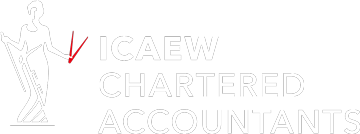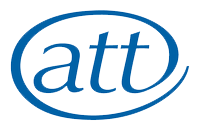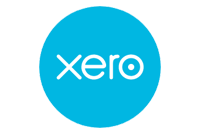In the bustling economic landscape of London, entrepreneurs are constantly seeking ways to optimise their economic health and ensure the longevity of their businesses. Effective tax planning is a cornerstone of this process, offering a pathway to minimise liabilities and maximise profits. This blog explores essential tax planning strategies that London-based small to medium-sized business owners can implement to confidently navigate the complex world of taxation.
Choosing the Right Business Structure
The foundation of tax planning lies in selecting the appropriate business structure. Entrepreneurs can choose from sole trader, limited company, or partnership, each with its tax implications. While sole traders enjoy simplicity and flexibility, limited companies offer limited liability and potentially more favourable tax rates. Partnerships, on the other hand, allow for shared profits and losses. A knowledgeable accountant can help identify the most advantageous business structure from a tax perspective.
Maximising Tax Deductions and Allowances
Reducing your tax bill is possible by claiming tax deductions and allowances for business-related expenses. These expenses can range from daily operating costs to capital investments in assets. Revenue expenses, such as office supplies and travel costs, can be deducted in the same year they’re incurred. Capital expenses, like machinery or vehicles, can be spread over several years through capital allowances. Entrepreneurs could look at targeted tax breaks like the Super Deduction and Annual Investment Allowance (AIA) to reduce their tax liability further.
Optimising Income and Dividends
Balancing salary and dividends is crucial for limited company directors for tax efficiency. Dividends are generally more tax-efficient than salary, as they’re not subject to National Insurance and have lower tax rates. However, a combination of salary and dividends, with salary up to the personal allowance or National Insurance threshold, can minimise overall tax and National Insurance liability while maintaining eligibility for state benefits and pension contributions.
Leveraging Tax-Efficient Investments

Investing surplus cash or profits in tax-efficient vehicles can aid wealth growth and tax savings. Individual Savings Accounts (ISAs) allow for tax-free savings or investments up to £20,000 per year. Pension schemes offer tax relief on contributions and tax-free growth, with funds accessible from age 55. The Enterprise Investment Scheme (EIS) encourages investment in early-stage businesses by offering income tax relief, capital gains tax exemption, and loss relief on investments.
Exploring Research and Development (R&D) Tax Credits
Businesses engaged in innovative projects may qualify for R&D tax credits, a valuable incentive that can cover up to 33% of R&D costs. Projects must seek to advance science or technology and overcome uncertainties to qualify. Keeping detailed records and consulting with tax professionals can ensure compliance and maximisation of this benefit.
Understanding VAT Implications
Value Added Tax (VAT) is a crucial element in the UK’s tax system, and it’s vital for small to medium-sized businesses to grasp its implications. VAT registration is compulsory for businesses with a turnover exceeding the current threshold, but voluntary registration can also offer advantages, such as reclaiming VAT on purchases. Collaborating with a specialised accounting service can help you navigate VAT complexities, ensuring compliance and optimising your tax position.
Utilising London’s Enterprise Zones
Businesses that qualify can take advantage of several tax breaks and reductions in business rates in London’s Enterprise Zones. These tax breaks should be available to businesses in prime locations, such as the Royal Docks or East London Tech City.
Capitalising on Creative Industry Tax Reliefs
There are tax breaks for creative companies, such as those in film, animation, video games, and theatre. These breaks are meant to encourage creative projects and new ideas. They can save you a lot of money on taxes and encourage investment in London’s thriving creative industries.
Consider the Non-Dom Tax Status
People from all over the world who are interested in starting their businesses flock to London. If you’re a non-domiciled resident in the UK, you may take advantage of the remittance basis of taxation, which can offer significant tax savings on foreign income and gains.
Staying Compliant and Seeking Professional Advice
Tax regulations constantly change, making it difficult to comply and keep updated. Regularly monitoring your tax position, keeping proper documents, and meeting deadlines are critical for avoiding fines. Seeking help from skilled accountants or tax experts is critical for navigating the complexities of tax planning and adjusting methods to your company’s specific requirements.
In conclusion, London entrepreneurs seeking strategic tax planning can find valuable support at Majestic Accountants. With top-rated services and partnerships with leading software like QBs and Xero, this company provides tailored solutions for optimising financial success. Entrepreneurs are encouraged to contact them for expert guidance and personalised support in navigating their tax journey.












